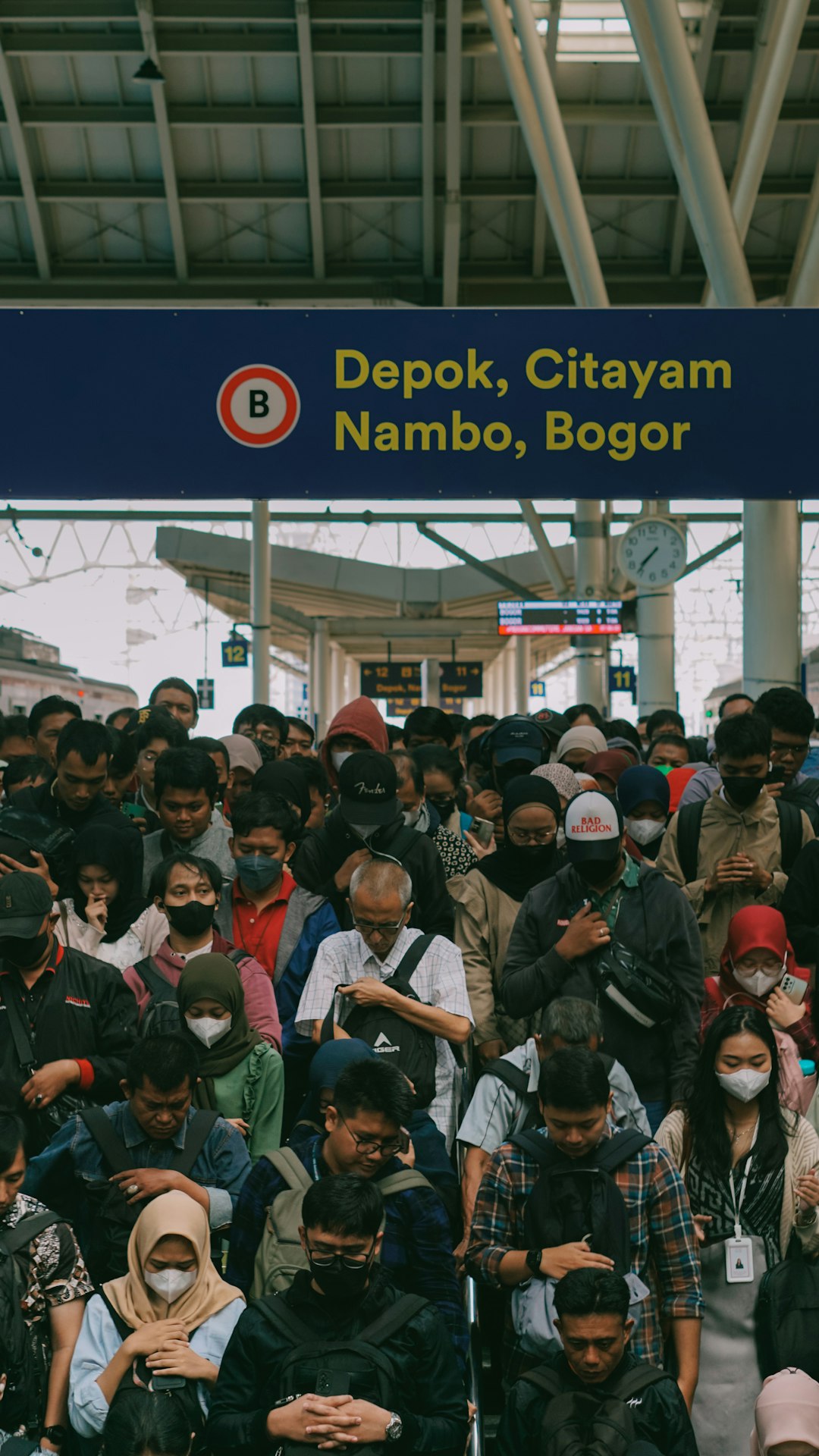When Borders Aren't Enough: Southeast Asia’s Tug-of-War Over “Their Own People” Abroad
What does a passport really mean in times of crisis? As images of crowded airports and anxious faces flicker across our screens, one uncomfortable truth stands out: Southeast Asia’s nations are becoming less defined by geographical boundaries and more by the invisible lines of citizenship, ethnicity, and nationality. In an age where you can evacuate someone at midnight from a distant country but still debate if they “belong” at home, how much have we truly learned about regional solidarity, loyalty, and the responsibilities of the state?
The Passport Paradox: The Illusion of Belonging
Who gets to be saved? When disaster strikes in a foreign land, embassies swing into action—but only for their own citizens. This brings to the fore divisive questions:
- Does citizenship trump ethnicity, or vice versa?
- Can Southeast Asia claim unity when rescue operations highlight divisions?
- Are we caring for humans, or just for holders of the “right” booklets?
Let’s break down how the region’s states view their people abroad:
| Country | Approach to Diaspora | Crisis Response Attitude | Notable Policies/Past Incidents |
|---|---|---|---|
| Singapore | Strictly passport-based, selective dual citizenship | Efficient, high-standard consular aid, but selectively stringent | Swift evacuation, but only for passport holders |
| Malaysia | Broader inclusion of ethnic Malays and Muslims in rhetoric, but policy is citizenship-led | Inclusive in rhetoric, but operational challenges for non-citizens | Programs for “Overseas Malaysians” with sporadic support for stateless communities |
| Indonesia | Emphasis on national identity, community ties still strong | Large scale evacuations even for informal workers | Major evacuations during Middle East crises |
The Dilemma: Who Gets Left Behind?
Evacuations are a stark test of national priorities—those without proper documentation, the stateless, and mixed-heritage Southeast Asians often find themselves with nowhere to turn. Isn’t this just modern-day gatekeeping with jets?
The Underlying Questions
- Moral Responsibility: Should a country help only its citizens, or extend a helping hand based on shared language, religion, or historical ties?
- Social Divide: Does this reinforce perceptions of “real” and “lesser” nationals?
- Pragmatism vs. Principle: Is it realistic—or even safe—for embassies to take all comers in a crisis?
Diaspora Dilemmas: If You Leave, Do You Still Belong?
The foundations of “imagined communities” are built on citizenship and loyalty, but modern mobility muddles these assurances. Nearly one in four Singaporeans and Malaysians live or study abroad, yet their standing as “insiders” is perpetually debated.
Pros & Cons of a Strict Citizenship Approach
| Pros | Cons |
|---|---|
| Clear legal and diplomatic framework | Leaves many in limbo (stateless, mixed) |
| Simplifies logistics in emergencies | Ignores historic, familial, ethnic ties |
| Prevents diplomatic disputes | Can fuel resentment and social division |
Southeast Asia’s Not-so-United Front
Despite decades of “ASEAN brotherhood,” crises reveal fault lines. Joint evacuations are rare—countries prefer to handle “their own” first. Yet, cultural memories of migration, intermarriage, and cross-border kinship blur the lines.
Surprising Fact: Southeast Asia is home to millions of “overseas” citizens with deeply intertwined family lineages, yet consular help remains frustratingly rigid and disconnected from these realities.
Public Perceptions
Polls routinely show most Southeast Asians expect governments to help nationals abroad—but public sympathy wanes for expatriates seen as “privileged,” or whose loyalty is questioned.
| Scenario | Public Sympathy | Government Likelihood to Help |
|---|---|---|
| Students or workers in danger | High | High |
| Stateless or “new” citizens | Mixed | Low |
| Dual citizens with weak ties | Low | Very Low |
Conclusion: The Broader Phenomenon
Evacuations are more than just logistical exercises—they’re moral cross-examinations. As Southeast Asia grows wealthier, more mobile, and more complicated, the real test isn’t in the efficiency of airlifts, but in whether our borders can stretch enough to recognize the bonds that make us human, not just citizens.
This article was inspired by the headline: '1 Singaporean, 17 Malaysians among 24 people evacuated from Iran to Kuala Lumpur '.

Comments
No comments yet. Be the first to comment!